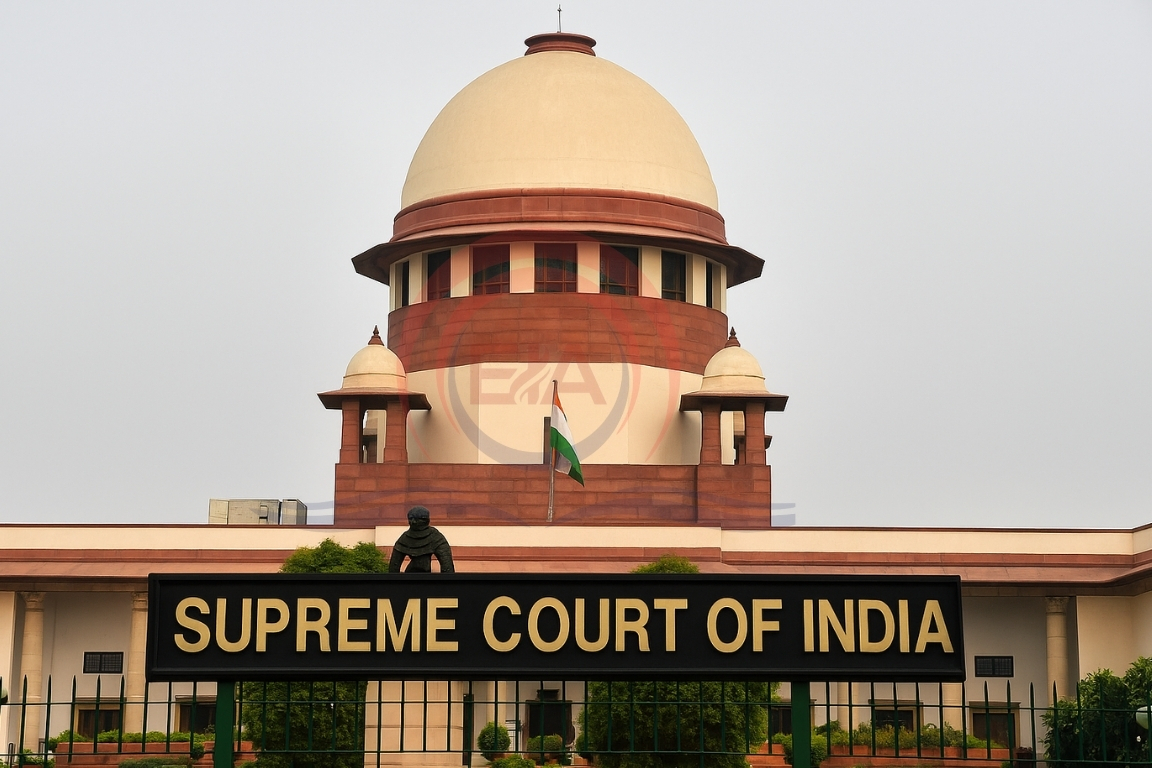The Global Mutirao Agreement gained significance as the major outcome of COP30 in Brazil, where countries agreed to prepare a roadmap to halt deforestation and move away from fossil fuels.
Mutirao Agreement.
- Focus on Forest Protection and Climate Justice: The agreement prioritises ending deforestation, protecting biodiversity, and supporting indigenous communities—especially in regions like the Amazon.
- Roadmap for Deforestation and Energy Transition; It asks countries to prepare two roadmaps: One to halt and reverse deforestation, Another to gradually transition away from fossil fuels (but without strict timelines).
- Greater Role for Developing Countries: The agreement reflects a shift in climate negotiations, giving more voice to Global South nations like Brazil, India, and other BRICS countries, focusing on fairness, finance, and sustainable development.

Deforestation Roadmap
- Brazil used its host leadership to prioritize forest protection, biodiversity, and indigenous communities, especially given the Amazon’s global importance.
- The roadmap aims to create:
- New funding mechanisms for forest conservation and restoration,
- Cross-border efforts to stop illegal logging and land conversion,
- Strategies to support indigenous and forest-based livelihoods.
- Strong symbolic significance as COP30 was hosted in the Amazon biome, one of the world’s largest carbon sinks.
- Fossil Fuels Phase-Out: Over 80 countries, including the EU and small island nations, demanded a clear fossil fuel phase-out timeline.
Opposition by Major Developing Nations:
- BRICS countries (India, China, Russia, South Africa) and Saudi Arabia pushed back, citing:
- Energy security and development needs, Limited climate finance, The principle of common but differentiated responsibilities (CBDR).
Outcome:
- Final text included a vague pledge to “transition away from fossil fuels”, without timelines or binding commitments.
- A separate voluntary roadmap was announced outside the formal text — showing intense political compromise.
Emerging Power Shift in Climate Negotiations
- For the first time, the United States did not attend COP30, reducing traditional Western dominance.
- BRICS nations gained influence, ensuring: Flexible pathways for developing countries, Focus on equity and economic justice,
- Attention to trade barriers like EU’s Carbon Border Adjustment Mechanism (CBAM).
Climate Finance
- A two-year finance work programme was adopted to assess global finance needs and improve transparency.
- Commitment to triple adaptation finance by 2035, prioritizing vulnerable economies.
- Article 9.1 reaffirmed: developed nations have a legal obligation to finance developing countries, not a voluntary role — a major win for the Global South.
Other Key Agreements
- Agreements adopted on: Technology transfer, Loss and Damage Fund, Just energy transition and livelihood security, Global Goal on Adaptation, Measurement and reporting transparency.
Conclusion
COP30 may not have delivered bold fossil fuel commitments, but it marked a political turning point, giving greater voice to developing nations. It emphasized realistic, equity-based climate action, highlighted forests’ role in global climate stability, and set the stage for deeper negotiations ahead — especially on finance and energy transitions.
This topic is available in detail on our main website.





